Asian Cup: What to look out for at the quarter-final stage
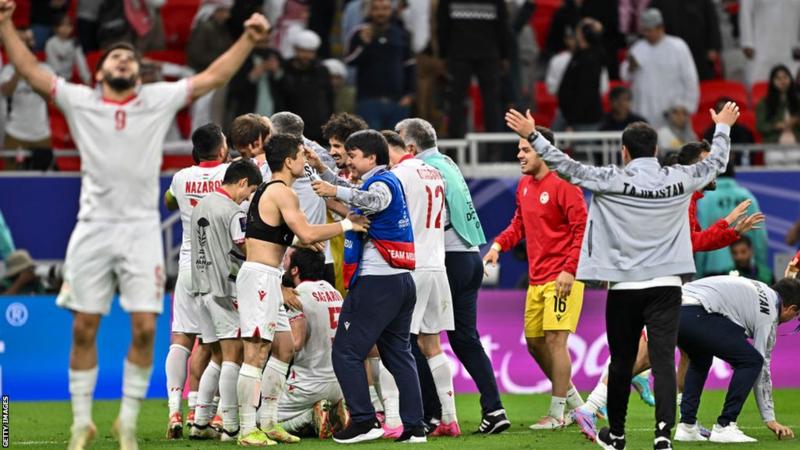 Tajikistan stunned Iraq to reach the quarter-finals/Getty Image
Tajikistan stunned Iraq to reach the quarter-finals/Getty Image
QATAR: The Asian Cup has already thrown up its share of surprises and more may await as the competition reaches the quarter-final stage.
There are two heavyweight clashes in the last eight, as Australia meet South Korea and Iran face Japan.
But there are also appearances for the world's 106th-ranked side Tajikistan, who face Jordan, and a talented Uzbekistan side, who take on Qatar.
BBC Sport looks at the best stories as the business end of the competition approaches.
Tajikistan v Jordan
The quarter-final that Asia didn't know it needed, between two teams dreaming of a first-ever last-four spot. There's more to the story than that, however.
Tajikistan, making just their second appearance at the finals, went wild after beating United Arab Emirates in a penalty shootout on Sunday.
There was added emotion given that 33-year-old star striker Manuchekhr Dzhalilov, who was diagnosed with cancer last summer, was watching from the stands.
"He is the top scorer in Tajikistan history and our best striker, so of course we missed him," said the team's German coach Petar Segrt.
"But for him it is not a discussion of playing or not, it is a story of life and death. He is with us here, we are happy to have him and that is a good motivation for us."
Both teams have a similar style - they like to counter-attack - but their coaches have very different personalities, with the exuberant Segrt in contrast to his quieter opposite number.
Moroccan Hussein Ammouta has won titles in Africa but went into the Asian Cup under pressure after a run of five defeats and two draws in the second half of 2023.
They came through their group as one of the best third-placed teams, having beaten Malaysia 4-0 and drawn 2-2 with South Korea, before an epic 3-2 victory over Iraq in the last 16, courtesy of two goals in injury time.
Such drama belied Jordan's slightly dour reputation and a first semi-final appearance could be within reach with the help of Montpellier winger Mousa Al-Taamari. Just don't call him the Jordanian Messi - he doesn't like it.
Australia v South Korea
A repeat of the 2015 final, which Australia won, features two teams who have so far underwhelmed. There is one major difference, however. Australia's progress has been relatively comfortable. South Korea's has not.
Slightly lucky to draw with Uzbekistan in the group stage, the Socceroos didn't find India and Syria too much trouble. In the second round on Sunday, Indonesia caused problems initially but Australia won 4-0.
More than 48 hours later, South Korea took on Saudi Arabia in a tense last-16 match that, with injury time and extra time thrown in, lasted more than 130 minutes, before they won on penalties. This came after two dramatic group matches - with a last-minute own goal needed to draw 2-2 with Jordan, and a torrid match against Malaysia, who forced a 3-3 draw with an equaliser in the 15th minute of stoppage time.
Coach Jurgen Klinsmann, already under pressure, faces a tough job in Friday's quarter-final - his side have had under 72 hours to prepare; Australia have had more than 120.
The Socceroos also have Harry Souttar. The Leicester City defender scored his 11th international goal against Indonesia, not bad for only his 26th appearance. The height and aerial ability of the Aberdeen-born centre-back is proving an undoubted asset.
Kim Min-jae may fancy his chances of making an impact - but the Bayern Munich centre-back knows that South Korea need to improve. The Taeguk Warriors have not lifted the trophy since 1960 and, apart from Paris St-Germain's Lee Kang-in, have yet to impress.
Qatar v Uzbekistan
For both sides, this is their first significant test of the tournament.
Qatar have been slaying demons from the 2022 World Cup - when they lost all three games on home soil.
Big crowds have seen the defending champions and hosts breeze through the group stage with maximum points and minimum fuss, a highlight was a stunning Hassan Al-Haydos volley that dumped out China. Winger Akram Afif, another hero from the 2019 title-winning team, has been the standout.
All this was despite a December coaching change as Carlos Queiroz was replaced by Spain's Tintin Marquez.
Uzbekistan have the reputation of being Asia's chokers but have had increasing success at youth level and the seniors have impressed here. Unlucky not to beat Australia and take top spot, the White Wolves were too good for a timid Thailand in the second round.
They have been affected by injuries, but others have stepped forward, such as 20-year-old winger Abbosbek Fayzullaev.
Slovenia's 2002 World Cup coach Srecko Katanec has a good record in Asia, though some dubbed his football when he was in charge of the United Arab Emirates 'Kataneccio' - a play on his name and the catenaccio defensive style.
The former Sampdoria midfielder's coaching style seems to fit well with a talented Uzbekistan team who, if they win here, will start to believe they can go all the way for the first time.
Iran v Japan
The biggest match-up of the round brings together Asia's two highest-ranked countries, with seven titles between them.
Japan started out as clear favourites after a run of 10 straight victories and 45 goals scored, including a 4-1 away win over Germany in September. That run stretched to 11 as they beat Vietnam 4-2 in their opening game, but the Samurai Blue looked vulnerable - and then were deservedly beaten by Iraq.
The matches were overshadowed by the racist abuse suffered on social media by goalkeeper Zion Suzuki, who has a Ghanaian-American father and a Japanese mother.
Brighton winger Kaoru Mitoma's return from injury has helped Japan; he came off the bench in Wednesday's 3-1 win against Bahrain, a first appearance for six weeks. Mitoma's presence notably lifted his team-mates, and increased their drive in attack.
Iran will present a very different challenge. Team Melli won all three games in the group then got past a dogged Syria on penalties.
The main problem is that star striker Mehdi Taremi, who bangs in goals at home and in the Champions League for Porto, was sent off in that game and is suspended.
Fans in this football-mad nation are desperate for a first title since 1976. Coach Amir Ghalenoei was not especially popular in his first spell almost 20 years ago and nor has he been since returning last March.
He said criticism of his team after a lacklustre 1-0 win over Hong Kong was "disrespectful". He also said he was not happy with two or three of his players in the Syria game. Beat Japan, however, and the plaudits will roll in.
BBC


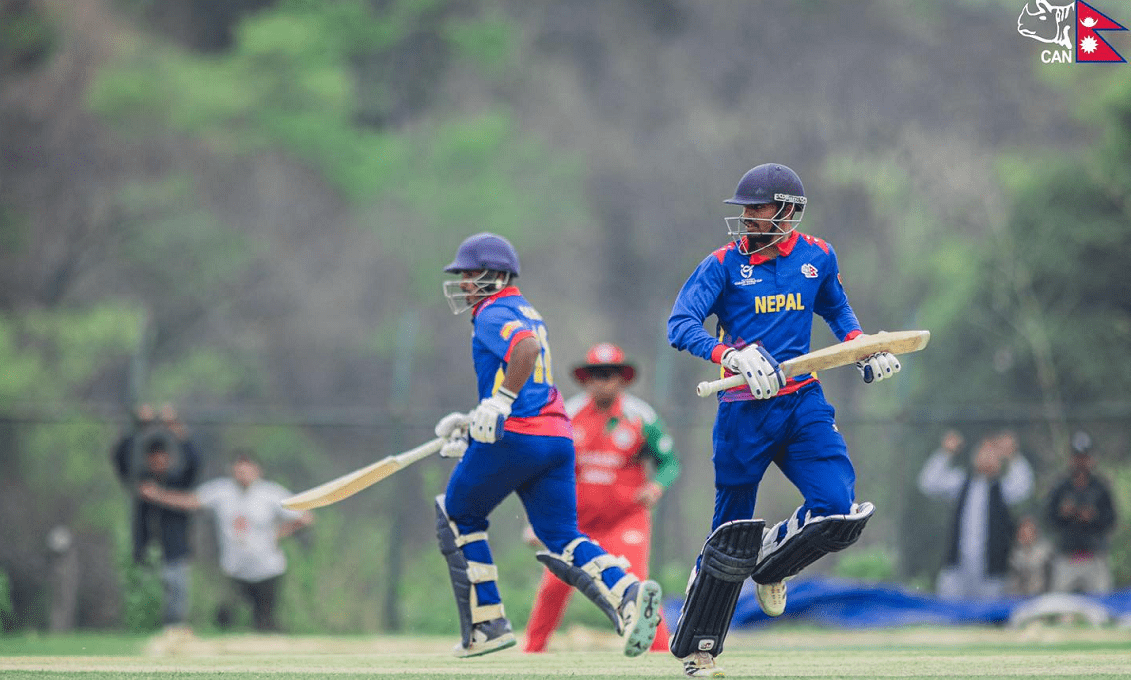
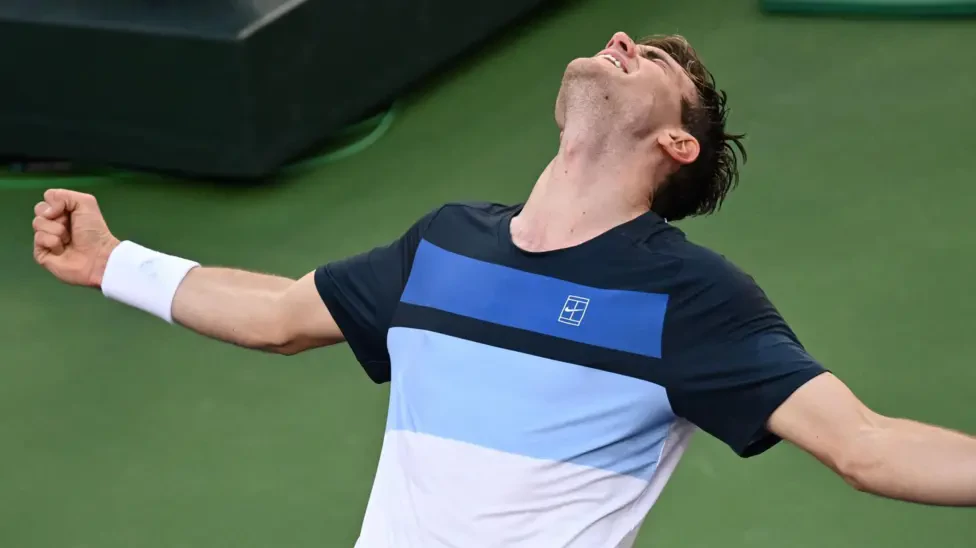

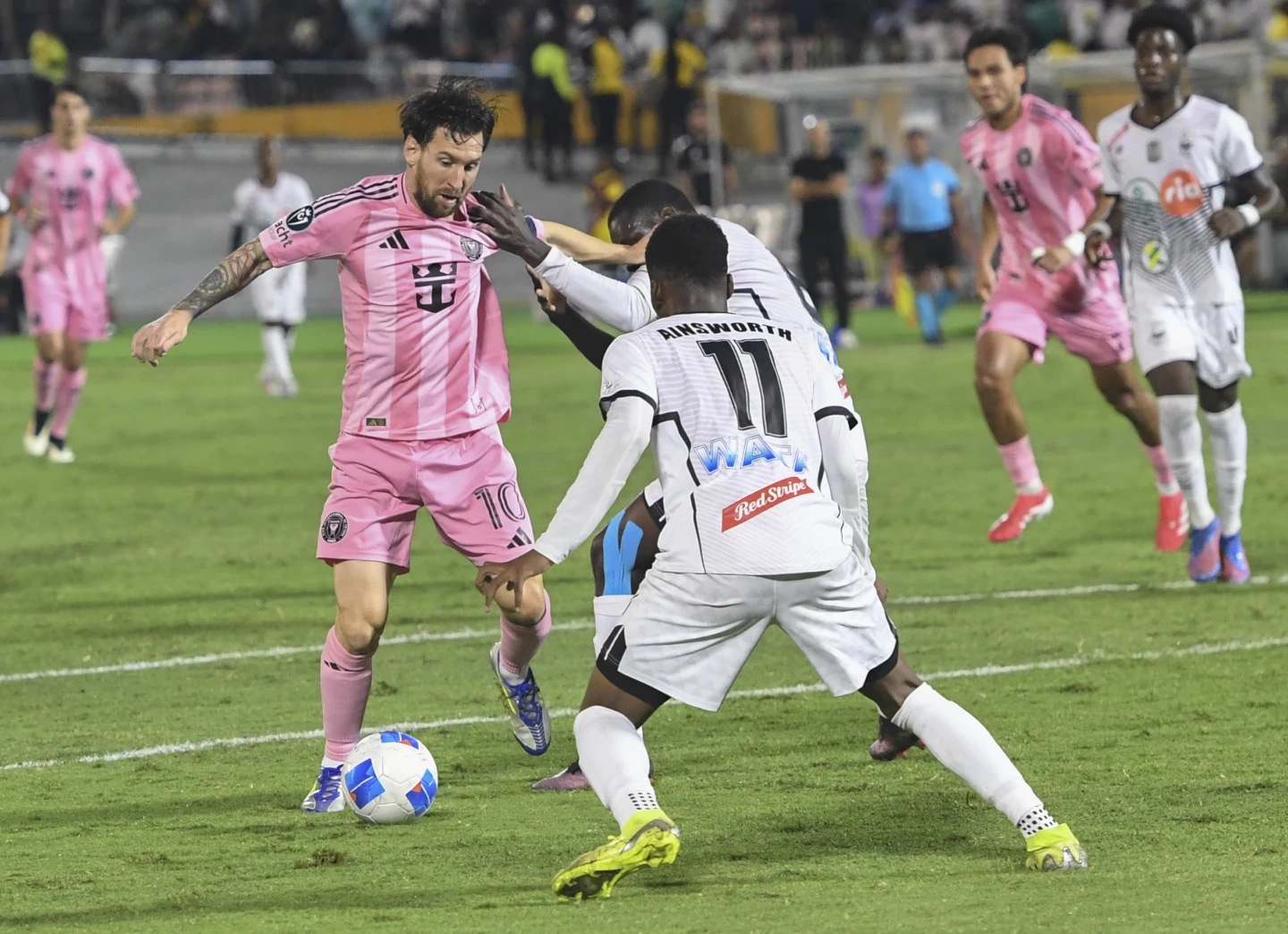
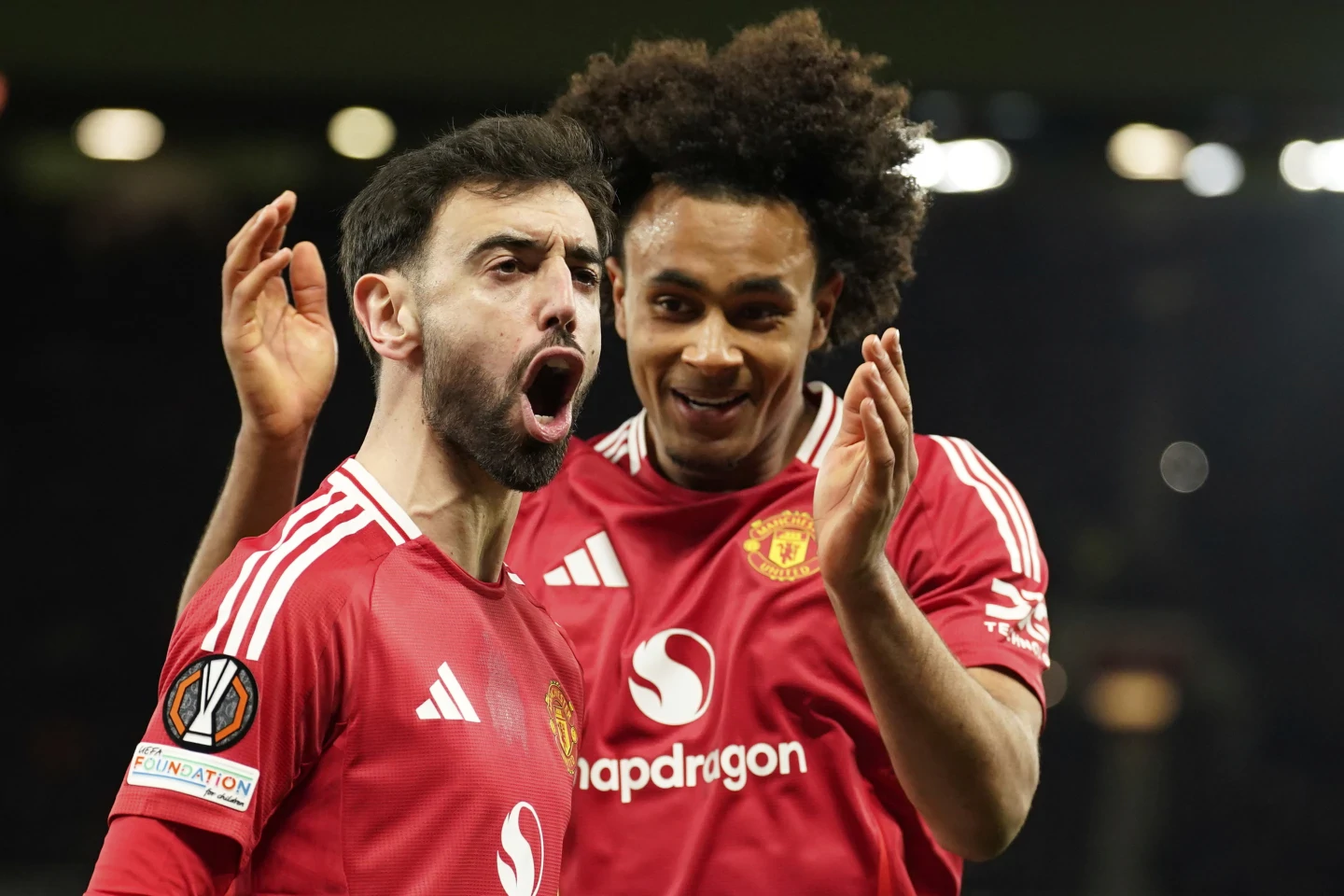
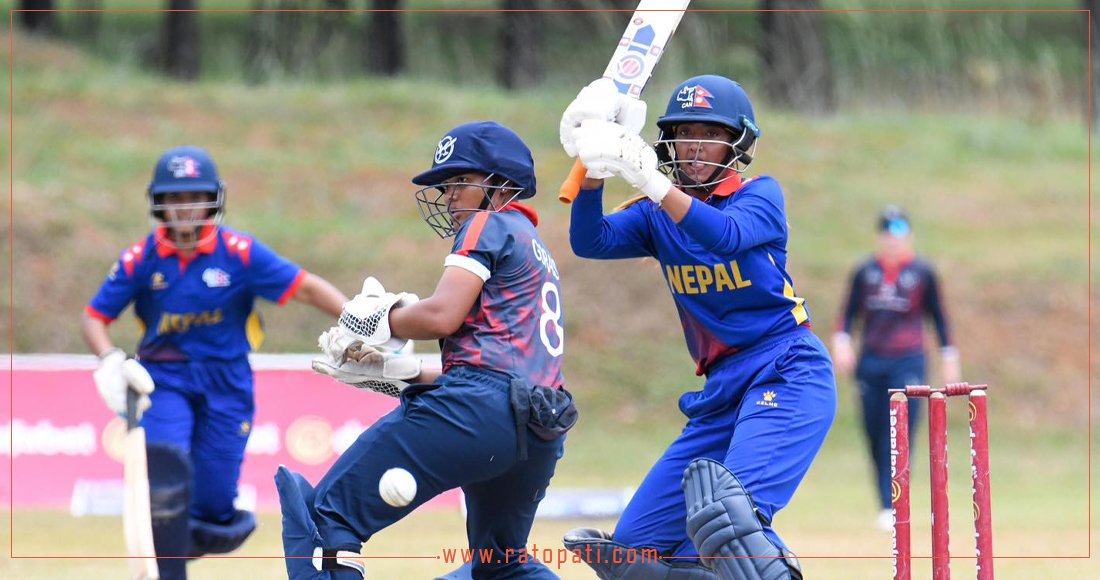
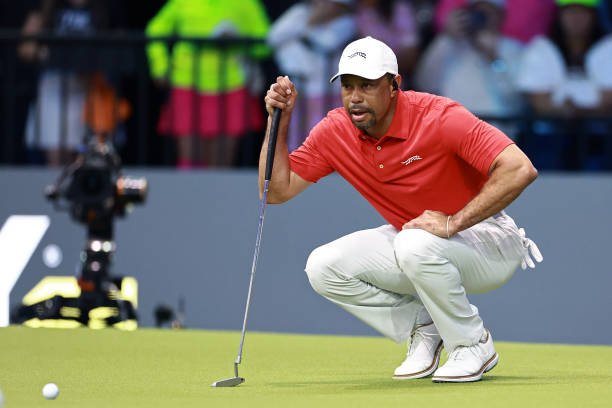
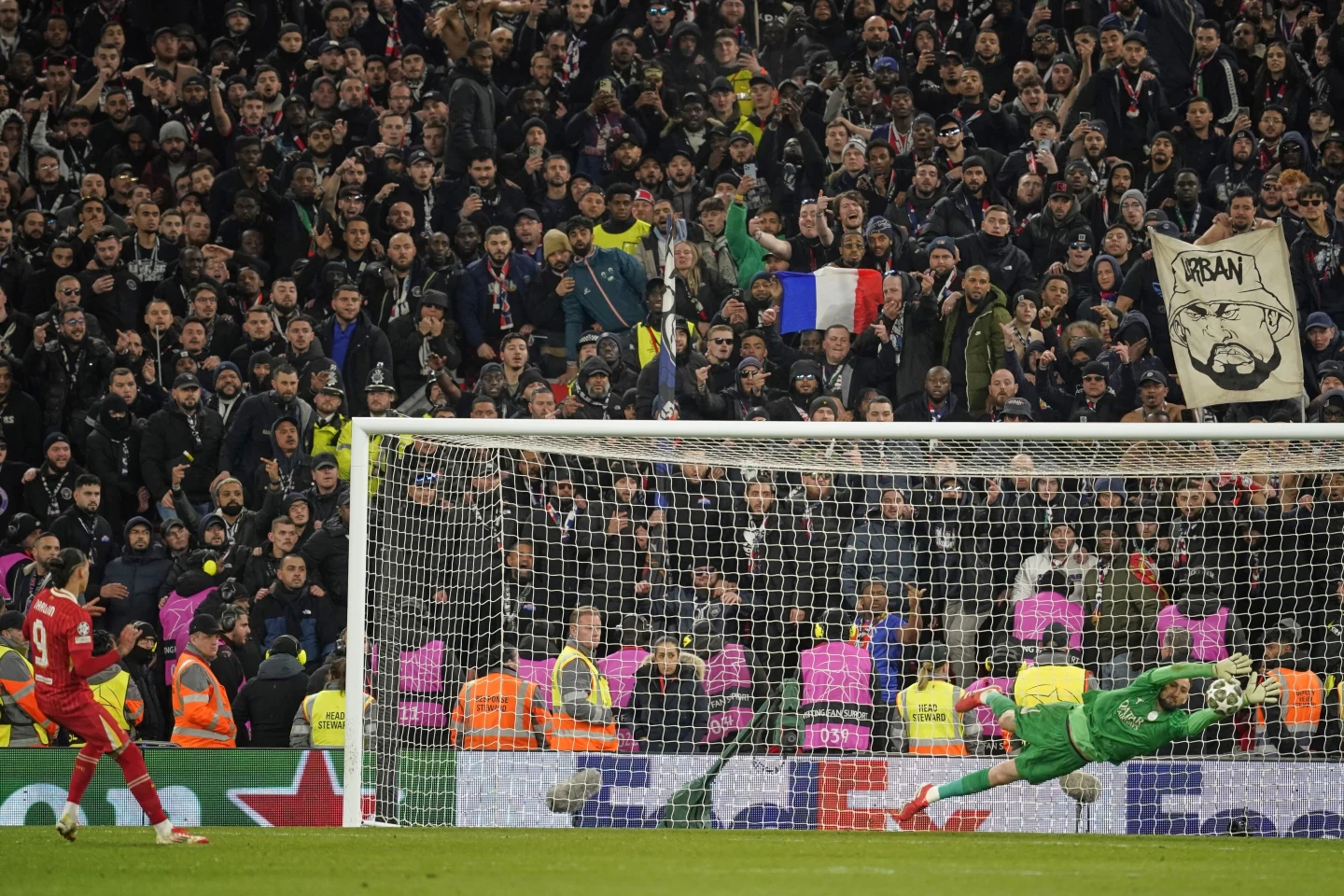
Leave Comment